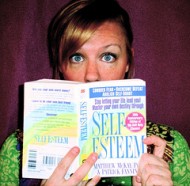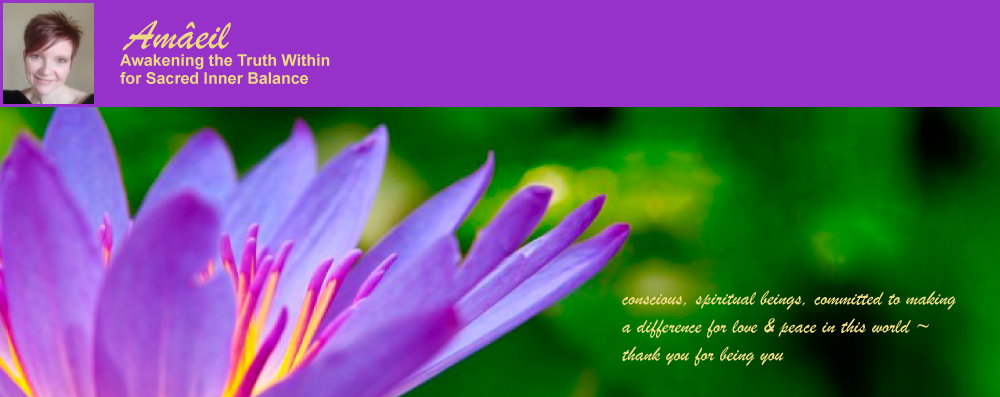
We all look at the world through the personal lens of our own experience. Some people see themselves and others as compassionate and well-meaning, whereas others view and act with judgment, anger or fear. The perception we generally uphold has everything to do with how we feel about ourselves, and ourselves in relation to others.
Ask yourself, “From which paradigm do I operate my life?”:
- I’m not O.K., you’re O.K.
- I’m O.K., you’re not O.K.
- I’m not O.K., you’re not O.K.
- I’m O.K., you’re O.K.
The most common model I see in my practice is “I’m not O.K., you’re O.K.”. This is a sense of inferiority created through wounds of shame, abandonment and rejection that have been passed from one generation to another. For example, one client, whom we’ll call Marcus, was raised by a father who was rigid in his views of right and wrong, and if Marcus behaved in any manner that was different from his father’s he was deemed inadequate. No matter what Marcus did, he was criticized and could not meet his father’s expectations. Desperate to receive Dad’s acceptance, Marcus continued to diminish himself and make himself wrong in order that Dad could be right.Consequently, with this subconscious programming, he spent his energy comparing himself to others and feeling small, automatically assuming he was at fault, and looking to others for validation rather than trusting himself, especially with male authority figures. With energy psychotherapy and core pattern release we were able to show Marcus that he had been waiting all his life for Dad to accept him and tell him that he was O.K. The work was to shift the various layers of beliefs imbedded in this core view of himself and his father, and instill the energies of ‘being O.K.’, which he had never known. As Marcus came to accept himself, he no longer defaulted into feelings of inferiority and life felt lighter.
The polarity of inferiority is superiority: “I’m O.K., you’re not O.K.” This is the paradigm that can rear up when we operate from blame and refuse to look inward and be self-responsible. It can shape the entire life of the survivor child who has suffered severe abuse and learns to remain tough; hate sustains him or her.
It is important to note that if we hold a self-view of inferiority we also hold superiority in our shadow. Subconsciously, Marcus also wanted to be superior so he could, just once, be right. However, given his upbringing and longing for acceptance by Dad, he felt that if he gave himself permission to stand up for himself he would change the energetic imbalance in his relationship, and this was unthinkable. He also feared that if he finally allowed himself to assert his power he would abuse it. This created much inner conflict. So at times when Marcus was immensely frustrated with his sense of inferiority and powerlessness, he would explode in anger, blame, and act superior, but then become relentlessly hard on himself. Once he started to accept himself, he no longer needed to desire superiority nor fear it; he could simply stand in his authentic power.
Please remember than any distortions we carry that have us believing that we or others are not O.K. in anyway, are inorganic thoughtforms that separate us from the truth of who we are. We are all O.K. We are all more than O.K.; we are God essence.
